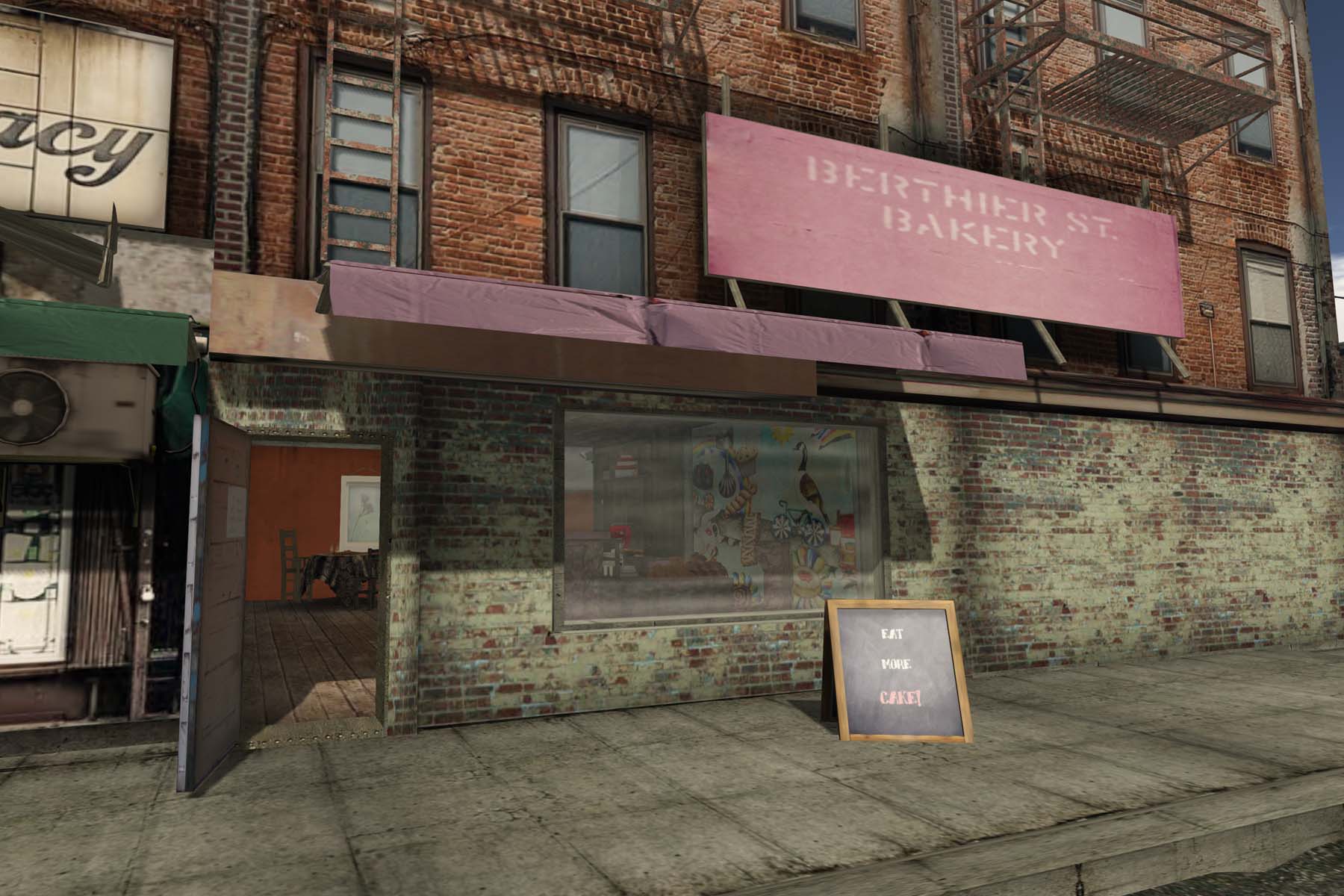Hello, my name is “YoungGrieverInTheFamily”. I saw your ad in the newspaper, and I have a serious issue.
One of my friends passed away a few months ago, and left her 11 year old adoptive daughter, “YoungGriever”, in a foster home. And she has been spiraling downhill ever since. And just before Christmas I met her in town, and she was having a psychotic episode, with delusions. And she is very distant, I have never seen her like this. And in addition, she doesn’t eat properly, and the doctor I spoke to feared she may develop an eating disorder as well.
So my question, is there anything you can do to help her? Have you dealt with kids suffering from a psychosis before?
Dear YoungGrieverInTheFamily,
When we lose someone close to us, we all experience grief and might go through a period of bereavement to come to terms with it. Death of a family member affects everyone, children in particular. Because of this, even though everyone in the family is dealing with their grief, the family needs to think about the children and helping them cope with the death.
Several things can effect the depth of the child’s bereavement. How close were they to the person who died? Was the death sudden or unexpected? How is the rest of the family coping with the death?
Sudden loss can make most children become angry and worried, as well as sad. Although it can be worrying to adults, anger is a natural reaction to the loss of someone essential to the child’s sense of stability and safety. A child may express their anger through irritability or in nightmares. They may even show their anxiety through acting in childish manners, becoming demanding, for comforts in particular.
Preteens and teenagers, although older, tend to have difficulty putting their feelings into words. And because they realize others are grieving as well, they may hide those feelings for fear of upsetting others.
We, as adults, often times try to protect children from the grief, but being aware of how children usually respond makes it easier for us to help, especially when identifying when a child is finding it hard to cope. Experience shows that knowing the truth is beneficial to the child. Attending the funeral, going to the grave site, all of these things can be beneficial, especially the closer the child was to the person.
You can help, by listening to the child’s experience of the death, answering their questions, and reassuring them. You may need to address the child’s fear of abandonment by other loved ones, or their fear that they are somehow to blame. If they can talk about these things, or find other ways to express themselves, such as art, play, writing, etc they should be able to better cope and are less likely to experience emotional disturbances later on.
Any remaining relatives, need to spend as much time as they can with the child, and show their feelings openly, without fear of upsetting others.
Loss may change how children express their feelings, relate to others, learn and process information, and behave. All children experience grief differently. These can include a range of responses:
Shock or detachment. At times, children may seem like they are not upset. However, this can be a sign of shock. Distancing themselves from their feelings may be a way to ward off pain.
Regression. Kids may act younger than their age or cling more to the surviving parent. For example, they may talk like a baby or go back to wetting the bed.
Acting out. Kids who misbehave may be expressing anger. Acting out can help them feel in control of something at a time when they have no control over tragic events.
Lack of acceptance. It can be hard for kids to believe or accept the loss. They might show this by asking the same questions repeatedly, or talking about the person who died like he or she might be coming back.
Feelings of guilt. Younger children may worry that they caused a parent’s death because they were once angry with them. Older children may feel survivor’s guilt.
Sadness and depression. Just like adults, children can feel down and struggle to feel positive about themselves or their surroundings.
Signs that the child may be dealing with something more serious such as depression:
Loss of interest in day-to-day activities and events
Trouble sleeping
Loss of appetite
Fear of being alone
Imitating the dead person to a great degree
Talks about joining the dead person
Staying away from friends
Doing poorly at school or not wanting to go to school
If these signs present for a long period of time you should seek professional help for the child from a health professional.
Stay strong and supportive,
Ask Grace








